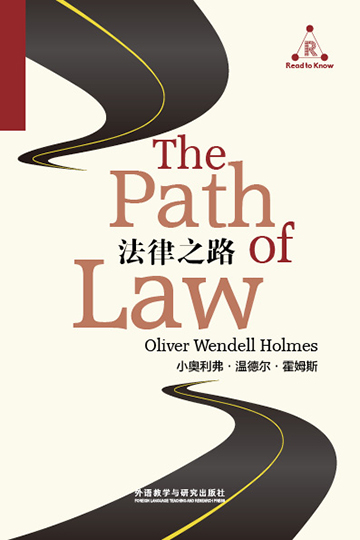一次演讲,打开了法律世界的法门。
By the time of his essay The Path of the Law, Holmes had completed the evolution to a behaviorist theory of law. Whatever you may think of Holmes's jurisprudence, The Path of the Law is an unambiguously great exercise in legal philosophy; certainly it withstands the test of time much better than The Common Law. Laws should be written, we learn, from the standpoint of "the bad man," he who will do the absolute minimum necessary to avoid the sanctions of his neighbors. In other words, it must create objective standards, that do not depend on the personal virtue or goodwill of the citizens. When the law seeks to determine the "intent" of someone who committed an act for which he is on trial, it is not seeking to determine whether he meant to do good or harm. The law seeks to know only whether he knew what the results of his action would be. The inquiry can be made only by considering the defendant's observable behavior.
霍姆斯在《法律之路》中分析了法律中的五个道德词语并驱除它们的道德意味:权利、义务、恶意、故意和过失,义务是他主要针对的目标。尽管霍姆斯指出了法律形式主义的不足,认为政策和社会实际需要影响法律的发展,但他从来都不认为“不同价值间的选择可能被科学地证实,对霍姆斯来说,这种选择的仲裁者最终只能是赤裸裸的暴力”。
The Path of the Law by Oliver Wendell Holmes, Jr. was originally published in the "Harvard Law Review" in 1897.
- 法律之路
- The Path of the Law



















 京公网安备 11010802032529号
京公网安备 11010802032529号
笔记加载中...